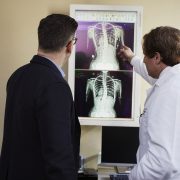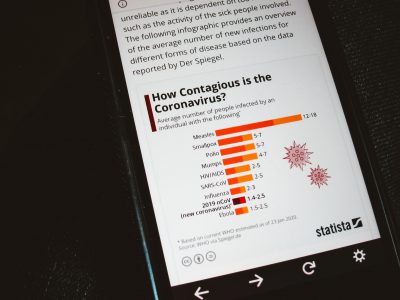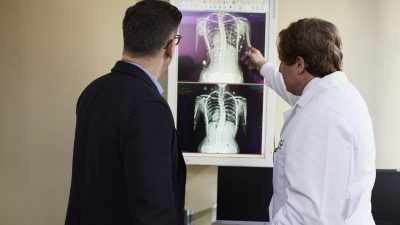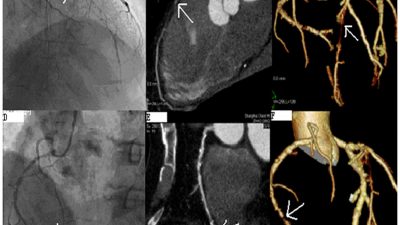In the haze of the holidays, it may be easy to forget groundbreaking developments from the American Heart Association Scientific Sessions earlier in November, and other developments affecting how we measure and address patient risk and quality cardiovascular care. The Accreditation for Cardiovascular Excellence Quality Matters News Brief is here as a much needed, quality-focused refresher with AHA conference takeaways.
Key Takeaways From Three Landmark Heart Studies – Cedars-Sinai
A Cedars-Sinai press release succinctly summarizes three significant findings from the Oregon Sudden Unexpected Death Study, all presented at the AHA Scientific Sessions earlier in November. 1) Patients with multiple sclerosis are five times more likely to experience sudden cardiac arrest over the general population, 2) a novel electrocardiography risk score can better identify patients with risky left ventricular hypertrophy (LVH), and 3) LVH was found do be independent of obesity in predicting a higher rate of sudden cardiac arrest. Read more »
Measuring Coronary Calcium Levels a Better Predictor of Patients at Risk for Coronary Heart Disease – Intermountain Healthcare
Another study presented at the AHA Scientific Sessions found coronary calcium levels to be a better predictor of the need for revascularization than other standard and commonly used risk-assessment equations. A PET-stress test enabled clinicians at Intermountain Medical Center Heart Institute to calculate both a coronary calcium score and the Multi-Ethic Study of Atherosclerosis (MESA) Risk Score which combines the coronary calcium score with traditional risk factors. Both scores were better able to predict the preence of symptomatic CAD requiring revascularization than the Pooled Cohort Equation which relies on standard risk factors. Read more »
Residual Inflammation Risk Affects Outcomes in Patients After PCI – European Society of Cardiology
A recent study published in the European Heart Journal calls attention to the importance of measuring high sensitivity C-reactive protein (hsCRP) to evaluate residual inflammation risk (RIR) following PCI. “Surprisingly few [European clinicians] measure high sensitivity C-reactive protein, a validated measure of cardiovascular inflammation,” writes Paul Ridker of the Bigham and Women’s Hospital in Boston. “Without measuring hsCRP, it is unclear how we will effectively identify and manage residual inflammatory risk.” Read more »












